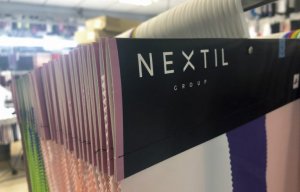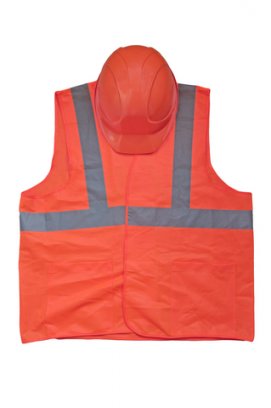
Guatemala benefits for Nextil Group
EU textile imports from Pakistan shot up in value by 18.1% in 2014 alone, becoming the fastest growing textile supplier to EU during the year.

15th July 2015
Innovation in Textiles
|
UK
.jpg) Pakistani textile and clothing exports to Europe have surged since the country was granted preferential access to EU markets, according to a new report from the global business information company Textiles Intelligence – Prospects for the textile and clothing industry in Pakistan.
Pakistani textile and clothing exports to Europe have surged since the country was granted preferential access to EU markets, according to a new report from the global business information company Textiles Intelligence – Prospects for the textile and clothing industry in Pakistan.
EU textile imports from Pakistan shot up in value by 18.1% in 2014 alone, which meant that Pakistan was the fastest growing textile supplier among the EU’s leading 20 textile supplying countries during the year. In clothing, EU imports from Pakistan surged by an even faster 30.5%, and this made Pakistan the fastest growing clothing supplier among the EU’s leading 20 clothing supplying countries.
Pakistani exporters appear to be taking full advantage of the opportunities provided by preferential access and are capturing a bigger share of the EU textile and clothing import market. Furthermore, they are targeting EU countries at the expense of the US market. US textile imports from Pakistan were up in value by only 1.4% in 2014 while US clothing imports from Pakistan fell by 1.1%.
The surge in exports to Europe was already apparent in data for Pakistan’s 2013/14 financial year, which ended on June 30, 2014. Figures show that Pakistan’s clothing exports to Italy surged by 30.9%, exports to Belgium by 27.0%, exports to Spain by 25.5%, exports to the UK by 18.9% and exports to France by 18.8%.
Exports of towels and bedding to these countries were also up sharply. Exports to Spain soared by 37.1%, exports to France by 28.7%, exports to Italy by 24.7%, exports to Belgium by 14.8% and exports to the UK by 14.0%.
Exports to the USA, on the other hand, were down by 1.5% in the case of clothing and 0.4% in the case of towels and bedding.
Preferential access has been provided to Pakistan in the form of the EU’s GSP+ scheme. This provides its exporters with duty-free access to the EU over a period of ten years, and gives the industry in Pakistan a clear advantage over several important competitors, including the textile and clothing industries in India, Indonesia, Thailand, Vietnam and, not least, China.
However, Pakistan’s GSP+ status will be reviewed every two years as its continuation will depend upon the country implementing 27 core international conventions relating to human rights, labour rights, sustainable development and good governance.
Furthermore, the scheme will be reviewed after three years, whereupon Pakistan could lose its GSP+ status if EU imports from Pakistan covered by GSP+ exceed 2% of EU imports from all GSP beneficiaries.
It is reckoned that GSP+ status could provide the textile and clothing industry in Pakistan with a 10-14% duty advantage.
But the extent to which the industry will benefit from this advantage will be dependent on its ability to meet the demands of buyers and consumers for stylish and high quality items, and on its ability to provide satisfactory working conditions and meet environmental challenges.
Prospects for the textile and clothing industry in Pakistan was published by the global business information company Textiles Intelligence and can be purchased by following the link below:
Prospects for the textile and clothing industry in Pakistan
Other recently published reports from Textiles Intelligence include:
World textile and apparel trade and production trends: the EU
Survey of the European yarn fairs for spring/summer 2016
Profile of Vaude: a role model for sustainability
Trends in US textile and clothing imports

Business intelligence for the fibre, textiles and apparel industries: technologies, innovations, markets, investments, trade policy, sourcing, strategy...
Find out more